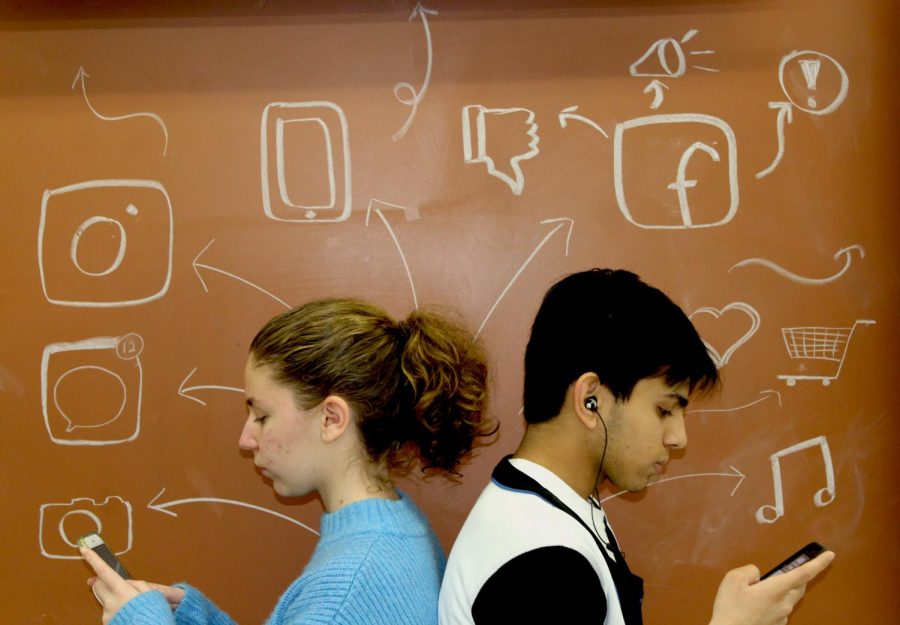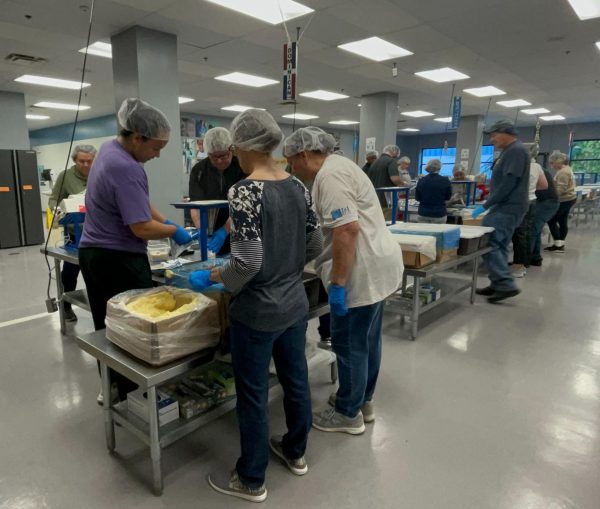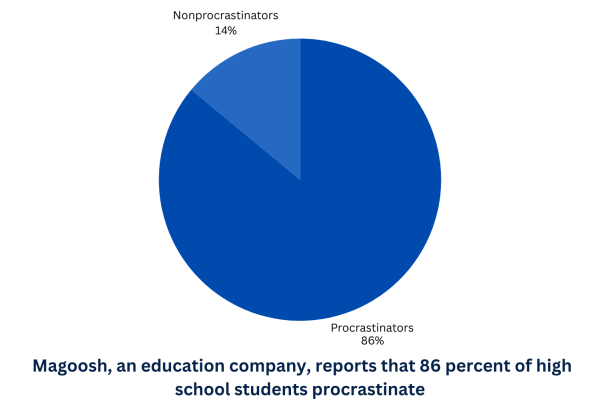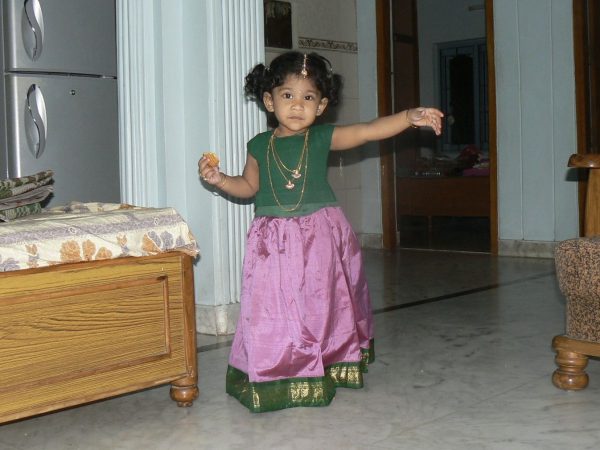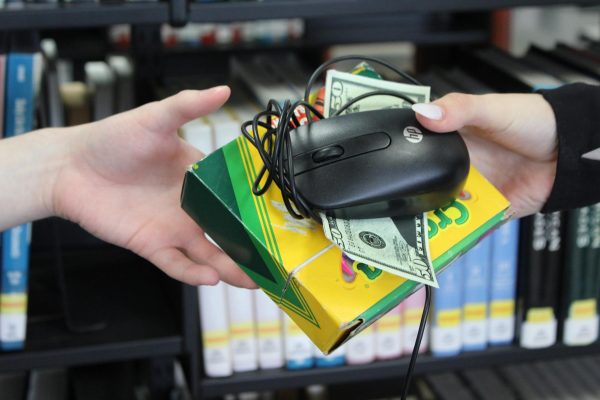How social media influences our connections
The Drops of Ink staff believes social media can bring people together, but meeting people in person often leads to better and clearer communication.
Nowadays, social media is a major part of society, affecting everyone’s lives, regardless of whether you have social media or not. For those who do, it takes up an increasing portion of their time. According to an article on The Huffington Post, young adults use their phones for around five hours, on average, every day.
There are both positives and negatives to social media and its influence on people’s daily, personal connections. For example, social media is a simple way to connect with new people and follow the latest trends. However, because personal information is now so readily accessible on social media, social dynamics are much more complicated.
It may be harder to confront someone face-to-face or even spark a conversation without the urge to look at a new notification on your phone. Social media can be used as an excuse to not talk to someone in person because you keep up with them online by liking their pictures or commenting on their posts.
The Drops of Ink staff feels that meeting new people on social media is straightforward, yet complicated. When you follow someone and then they follow back, it can be uncomfortable when you see them in person because you know almost everything about them yet don’t know what to say to them. When interacting with someone face-to-face, it becomes more difficult than through a screen because you can’t edit what you are going to say to them like you can on social media.
This is especially true for confrontations. Confronting someone in person is much tougher than through a screen. While you can unfollow someone on social media or block their account, in person you can’t spend a few minutes formulating the perfect comeback before you respond to them.
Whether it is going out to dinner with friends or hanging out at someone’s house, everyone seems to gravitate towards their phone. Some do this because they want to seem busy, and some go on their phone to make a funny Snapchat story of their friends. Even when put in social situations, we still find a way to be glued to our phones in order to find a source of comfort. Conversations begin to revolve around trending memes or popular accounts. This cycle can be both connecting and detaching because we are discussing superficial things with one another.
Depending on the person, social media can either boost one’s confidence or diminish it. For some, different social media platforms change their morale. For example, Twitter may be a platform where they feel like they can be their true selves because people voice their opinions and are honest when discussing current controversies.
Contrastingly, Instagram is a place where people feel judged because it is an image-based platform where interesting, artsy photos are praised. Facebook can be a place where people are embarrassed because their parents tag them in awkward photos.
Despite having different platforms, in general, people post what they want others to see: the best parts of their life, which improves their confidence. However, this can place tremendous pressure on some people to strive for a “perfect” post in order to receive more likes — attaching a number to your worth. This becomes isolating and ultimately lowers people’s self value.
According to an article on The Huffington Post, 60 percent of people using social media reported that it has impacted their self-esteem in a negative way. The Drops of Ink staff, like many of our peers at school, agrees that we do censor and are careful of what we post — filtering our true lives — because we want people to see the best parts of us.
Despite how prevalent social media is and how it generates connections, the Drops of Ink staff believes that social interaction is best in person because you can see one’s emotions through their facial expressions, which makes a stronger connection and memory of people. Making eye contact with someone is more authentic and valuable than looking through a screen.
Some people are afraid to delete their social media accounts because they fear that they will miss out and not connect with people in the same way. While trying to disconnect from social media may seem scary or difficult, in the long run, making strong emotional connections is much more important.



